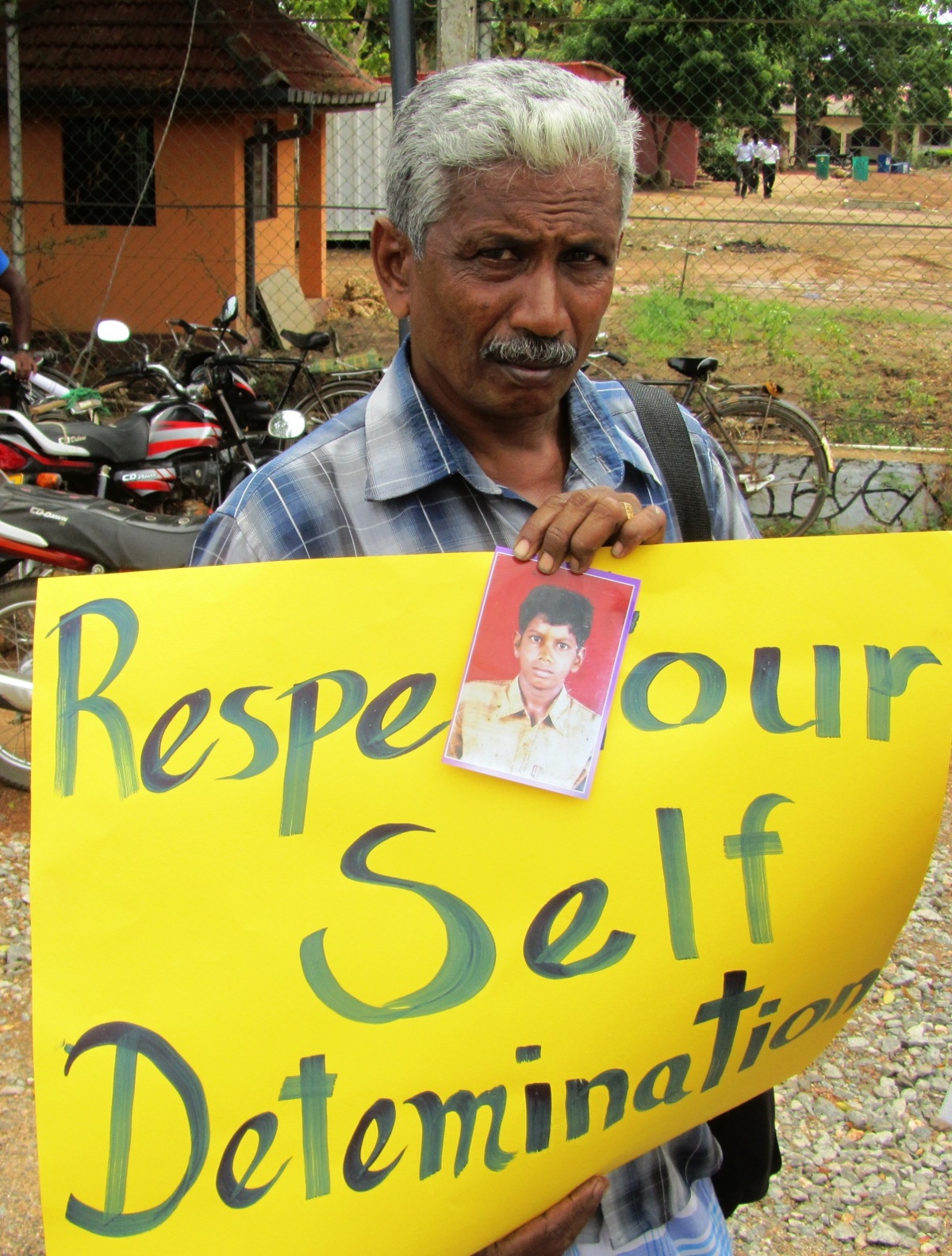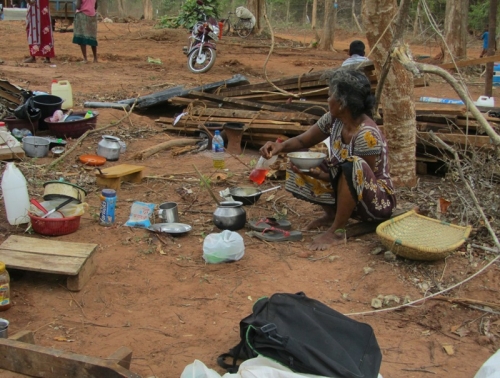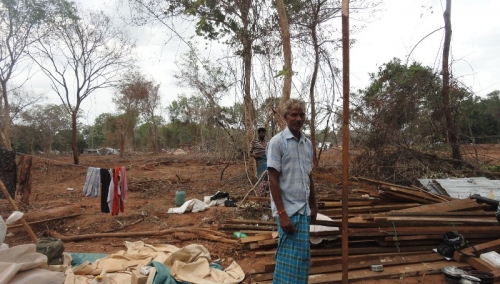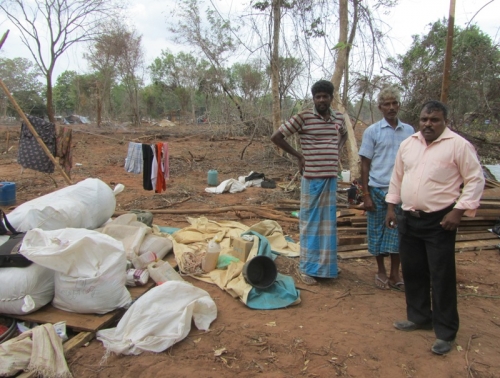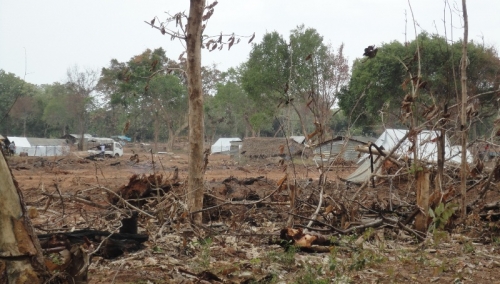Nivard Cabraal’s bold claim, that events like the T20 Cricket World Cup will make the war crimes issue ‘fade away’, clearly shows that the international community’s continuation of ‘normal’ relations with Sri Lanka are critically undermining the possibility of creating a lasting peace, based on accountability and justice.
The Central Bank governor’s conviction that war crimes can be made to disappear behind a facade of cultural and sporting festivity is shared by the rest of the Sri Lankan government.
The continuation of normal international relations makes it unnecessary for Sri Lanka to take any meaningful steps in addressing the issues that are now central to international and Tamil demands.
Sri Lanka will not need to pay any heed to repeated calls for meaningful accountability if it continues to enjoy a normal range of diplomatic contacts and indeed is even rewarded by being allowed to hold major sporting and political events.
Crucially the government’s domestic credibility is strengthened by its apparent international profile and the Rajapaske regime readily uses events such as the T20 Cricket World Cup or the forthcoming Commonwealth Heads of Government Meeting (CHOGM) to portray itself locally as a valued actor in world affairs.
This critically weakens and undermines the efforts of human rights activists and Tamil civil society groups who are demanding international action to end ongoing human rights violations and establish accountability for the grave war crimes that have occurred.
Allowing Sri Lanka to play a major part in the international community therefore simply strengthens the Rajapakse regimes determination to continue on its current course and emboldens it to dismiss war crimes charges as mere ‘LTTE propaganda’ or ‘Tamil vengeance’.
Those who argue in favour of ‘engagement’ must now explain why despite decades of human rights ‘engagement’ Sri Lanka’s violent oppression of the Tamils has simply intensified and indeed continues unabated three years after the end of the military conflict.
However, Sri Lanka’s defiance of international norms does not mean that the international community has no leverage. For all its rhetoric of sovereignty and ‘anti-colonial resistance’, Sri Lanka craves international acceptance and recognition.
This craving can and must be exploited to achieve a just and lasting peace on the island.
It was international pressure, coupled with the fact that the LTTE's military strength had caused a stalemate in the conflict, that previously brought Sri Lanka to the negotiation table.
In December 2000, the Paris Aid Group said that aid would be dependent on progress towards peace and it was this kind of pressure that ultimately forced a reluctant Sri Lankan government to enter negotiations with the LTTE.
The international community must withhold economic and sporting ties until Sri Lanka makes credible steps to end state sanctioned human rights violations.
It would be unacceptable for North Korea or Syria to hold a major sporting event and it should be equally so for Sri Lanka.

